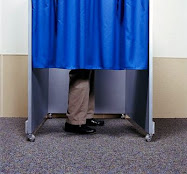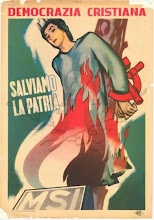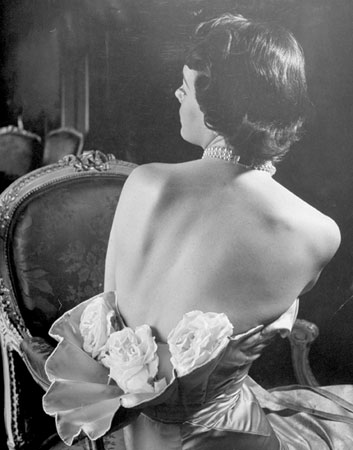
Con la decisione di ritirare le truppe israeliane da Gaza, Ariel Sharon aveva offerto ai palestinesi un’opportunità. Al tempo stesso, però, il passaggio della sua amministrazione nelle loro mani aveva creato obbiettivamente le premesse di una loro spaccatura. L'opportunità consisteva nella possibilità che le fazioni nelle quali il movimento era diviso abbandonassero la lotta armata, si unificassero sotto Al Fatah e partecipassero al processo di pace con Israele, voluto da Usa e Europa. Le premesse della crisi stavano nell’eventualità di un acuirsi della divisione fra integralisti, contrari a soluzioni di pace, movimento palestinese moderato e governi islamici favorevoli. La crisi di questi giorni conferma che, fra le due prospettive, a prevalere è stata la seconda. Ancora una volta sono state le divisioni all'interno del movimento palestinese e, in parte, dello stesso mondo arabo a prevalere, riaccendendo il conflitto. Con il lancio di missili da parte di Hamas contro le popolazioni israeliane limitrofe, cui ha fatto seguito l'inevitabile reazione di Israele.
Il successo di Hamas nelle elezioni per l'amministrazione di Gaza, nel gennaio 2006; la rottura, nel giugno 2007, dell'accordo con Al Fatah, raggiunto solo poco più di tre mesi prima, nel febbraio dello stesso anno, ne erano state le avvisaglie. C'è un convitato di pietra che blocca ogni possibilità di pace. È l'Iran. Che sostiene il rivendicazionismo di Hamas; che, con la sua corsa all'armamento atomico, inquieta Israele, l'Occidente e pressoché l'intero mondo arabo, dall’Arabia Saudita—promotrice, nel marzo 2002, dell’iniziativa Arab Peace e fallita nel 2007 — all'Egitto, alla Giordania. Forse non è superfluo ricordare che l'articolo 7 della Carta di Hamas non propugna solo la distruzione di Israele, ma lo sterminio degli ebrei, così come sostiene il presidente iraniano Ahmadinejad; che all'articolo 13 si invoca la guerra santa; che il nazionalismo del movimento affonda le sue radici nell’interpretazione di Teheran della religione. La maggioranza del mondo arabo è per la pace. Lo testimoniano — al di là delle condanne di rito di Israele e delle manifestazioni di piazza—le reazioni alla crisi di Fatah. Abu Mazen, il presidente dell’Autorità palestinese, ha ricordato di aver implorato Hamas a non rompere il cessate il fuoco. L'Egitto fa trapelare che esiste un piano Iran-Hamas-Fratelli musulmani per creare disordini in Palestina e nel suo territorio. Tacciono la Giordania, l'Arabia Saudita, i palestinesi della West Bank. L'attacco israeliano—invece di ricompattarlo contro Israele, come vuole una tesi propagandistica anti israeliana — ha rinsaldato il mondo arabo contro Hamas e l'Iran. È un ulteriore segno che Ariel Sharon aveva visto bene.
Pietro Ostellino dal Corriere della Sera
29 dicembre 2008






















